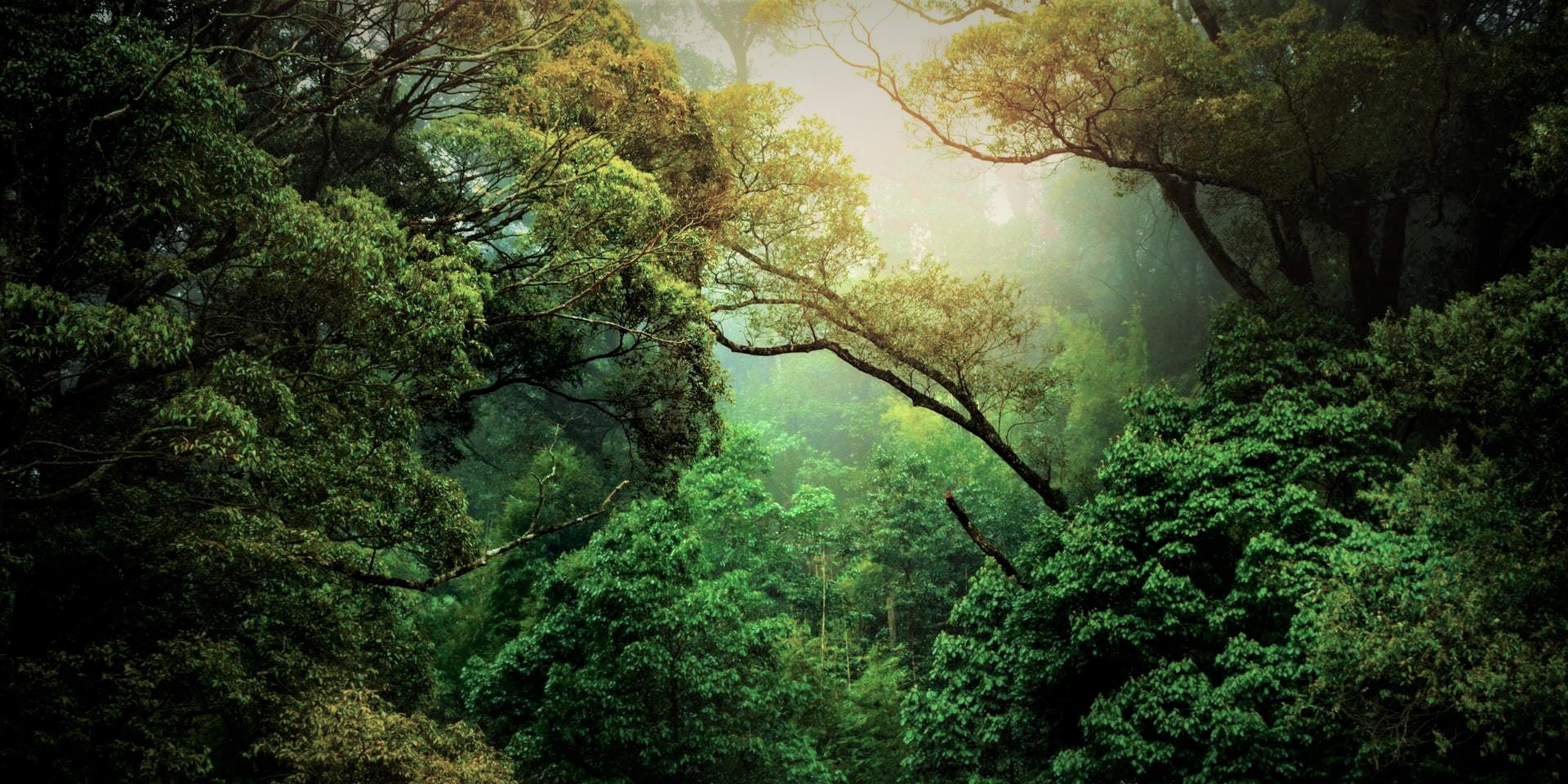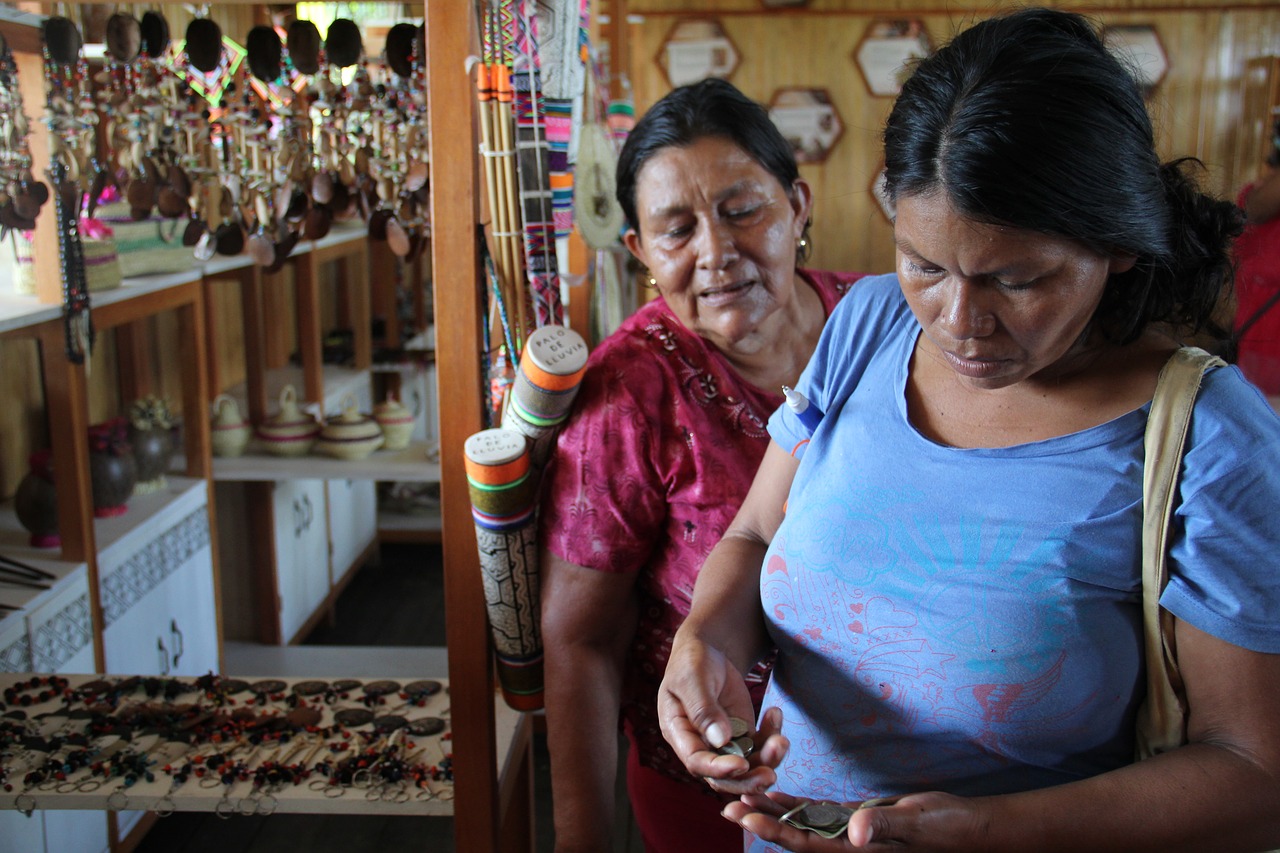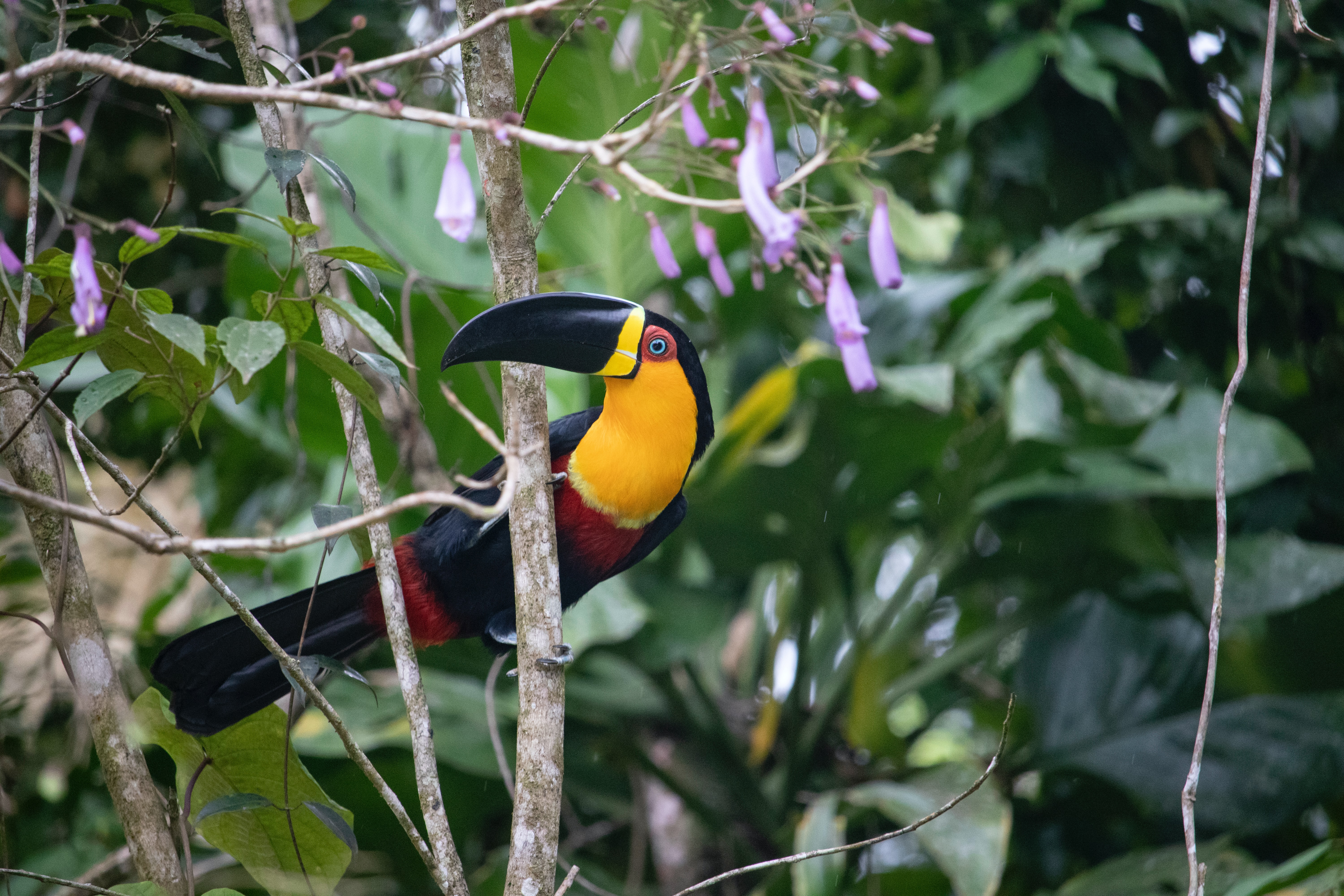
The Amazon We Want – Science Panel for the Amazon
Spurred by the growing urgency of catastrophic environmental threats to the Amazon, a group of 150 renowned scientists from eight Amazonian countries, French Guiana and global partners launched a scientific initiative that is tasked with delivering the first scientific assessment of the state of the Amazon Basin. Their recommendations will suggest a blueprint for policy making in a vulnerable region whose leaders have promised to save the world’s largest and most biodiverse rainforest. The Science Panel for the Amazon (SPA) is sponsored by the United Nations Sustainable Development Solutions Network (UNSDSN) and will produce the first scientific review to cover the entire Amazon basin and its biomes, to be released in 2021.
ISC Member, the Brazilian Academy of Sciences, is a partner in this initiative, providing scientific inputs and helping engage the regional Academies in order to build local engagement, which is critical to help society, and more specifically local populations, understand that science is essential for the promotion of a new paradigm of sustainable development for the Amazon.
“Our message to political leaders is that there is no time to waste,” said Carlos Nobre, Co-Chair of the Science Panel for the Amazon and member of the Brazilian Academy of Sciences. “The current development model is fueling deforestation and biodiversity loss, leading to devastating and irreversible change. If the Amazon is to survive, we must show how it can be transformed to generate economic and environmental benefits that would be the result of collaborations between scientists, Indigenous knowledge holders and their leaders, and governments.”
The pace of deforestation in the Amazon, coupled with the ongoing devastating forest fires, has pushed the world’s largest rainforest close to a tipping point, adding urgency to the motives that led the leaders of Colombia, Bolivia, Ecuador, Peru, Guyana, Suriname and Brazil to sign the Leticia Pact in September 2019 in the Colombian city of Leticia. The agreement commits the governments of the seven nations to protect the Amazon and its biodiverse treasures, to respect the rights of the region’s traditional peoples and to explore innovative ways to sustainably develop the region, while keeping the forests standing.
“The conservation of the Amazon is critical not only for the survival of the 35 million people and the thousands of species who live there, but for the planet,” said Juan Manuel Santos, Nobel Peace Prize 2016 and former President of Colombia. “Only science and the unique knowledge of indigenous communities can save our rainforest. Because, let’s remember, this pandemic is nothing compared to the extinction level crisis that a loss of the Amazon would suppose.”

To inform political leaders in implementing the Leticia Pact, SPA Co-Chairs Nobre and Andrea Encalada, together with their on the scientific panel are developing a uniform, coherent plan for the future of the Amazon that will be based on a review of peer-reviewed research and produce policy relevant recommendations to conserve and advance sustainable development of the world’ largest rainforest.
“The massive wildfires that revealed to the world an Amazon in grave danger also uncovered a high level of concern globally for the peoples of the Amazon and the health of the rainforest,” said Jeffrey Sachs, University Professor at Columbia University and Director of the UN Sustainable Development Solutions Network. “Every lawful and ethical sector, whether public or private, will benefit from acting on our report. We intend to provide a means for governments, investors and companies to respond to growing expressions of solidarity with the Amazon and the Indigenous communities who live in it and protect it.”
Covering eight countries, and a territory, and harboring more than a tenth of all species on Earth, this invaluable ecosystem is threatened today by deforestation, fires, mining, oil and gas development, large dams for hydroelectric generation, and illegal invasions. In the month of July 2019 alone, deforestation and fires caused the loss of a forested area the size of Luxemburg. In July 2020, despite the prohibition announced by the government of Brazil, the burning season has begun again.
Building economic value while keeping forests standing
Drawing on a review of peer-reviewed research from the fields of environmental science, economics and technology, the new data-driven plan will marry conservation with a model of sustainable development that recognizes the Amazon as both a vital interconnected ecosystem and a necessary font of resources for the people who live within it, according to Marielos Peña-Claros, Bolivian author and member of the SPA Science Steering Committee.
“We are only now starting to understand the importance of the Amazon forest for the food we eat, the water we drink, the life we live,” Peña-Claros, member of the Scientific Committee, said. “For example, the precipitation pattern of South America is largely determined by the water cycle of the Amazon forest. This means that the deforestation of the Amazon also has a negative effect on the agricultural production of Uruguay or Paraguay, thousands of kilometres away.”

Peña-Claros and her fellow researchers recognize that agriculture, industries and governments rely on forest resources to sustain economies and build wealth and well-being. They contend that with careful monitoring and management, development in the Amazon does not have to mean exploitation, a perspective that José Gregorio Díaz Mirabal will insist on bringing to his role.
“We must save the Amazon and the future of humanity through an economy that respects the life cycles of nature and that recognizes the rights of nature and of Indigenous Peoples,” said José Gregorio Díaz Mirabal, leader of COICA (Coordinadora de las Organizaciones Indígenas de la Cuenca Amazónica). “We are seeking an economy that sees life as a whole, and not only for its monetary value, and this means that success will rest on the depth of involvement of Indigenous Peoples and on recognition of our rights to our ancestral territories. We hold thousands of years of knowledge about the Amazon and its biodiversity that we are willing to share, as long as such knowledge is not commercialized or patented for the benefit of a few, and in a way that excludes indigenous peoples from any benefits,” Díaz Mirabal added. “In the framework of this initiative we want to show to the world that the Amazon is more than a forest and the carbon dioxide it stores; its continued existence is essential for humanity and for the continuity of life as we know it.”
“Without immediate action to halt deforestation and start replacing lost trees, half of the entire Amazon rainforest could become savannah within 15 to 30 years”, according to Nobre. “The Amazon’s tropical forests create 20%-30% of their own rainfall, so preserving them is as vital for regional weather systems and food production as it is for stabilizing the global climate. Deforestation is now at 17%, but if it exceeds 25%, we will cross the tipping point.”
The pace of deforestation in the Amazon, coupled with last year’s devastating forest fires, which ravaged approximately 5,400 square miles of the Amazon, pushed the world’s largest rainforest close to an irreversible moment, a threat that led scientists to sign a letter last year called The Scientific Framework to Save the Amazon: “We scientists of the Amazon and who study the Amazon, have come together to contribute our knowledge and experience to a scientific assessment of the state of the diverse ecosystems, land uses, and climatic changes of the Amazon and their implications for the region. Using the best science and advanced technologies we can save the rainforest, protect the Amazon’s ecosystems and its indigenous and traditional peoples, and still take advantage of sustainable economic activities for an innovative bio-economy”.

In agreement with the Leticia Pact, which was adopted by national governments in the Amazon and highlights the importance of research, technology and knowledge management in the decision-making in the region, the Science Panel for the Amazon has the objective to provide the most comprehensive and rigorous scientific assessment in history on the Amazon’s diverse ecosystems, land use and climate changes, and implications for the future.
Working with the support of their Strategic Committee, the Science Panel producing the Scientific Assessment of the State of the Amazon Basin will launch a campaign based on their findings. The urgent need to protect nature is becoming more and more clear, even to those responsible for an economic model that has put the natural world at risk. The World Economic Forum recently estimated the value of intact ecosystems to the global economy at US$33 trillion, noting as well that 80 percent of the world’s remaining biodiversity is protected by Indigenous Peoples.
“We scientists will do our best, but it won’t be enough,” Nobre said. “Our work must not serve to merely check a box on the global climate and biodiversity agenda. The very survival of the planet is at stake and everyone — governments, organizations, the private sector, and Indigenous Peoples and their fellow citizens– -must act for the conservation and sustainable development of the Amazon.”
The Science Panel for the Amazon (SPA) is convened under the auspices of the Sustainable Development Solutions Network (SDSN). The main goal of the SPA will be to provide, on a comprehensive, objective, open and transparent basis, information for a rigorous scientific assessment of the state of the diverse Amazon ecosystems, trends and implications for long-term well-being of the region, as well as explore opportunities and policy relevant options for conservation and sustainable development of the Amazon.
On September 3, 2020, the Science Panel for the Amazon (SPA) will host a science webinar presenting on the main issues to be covered in the report, on the status of the Amazon, including the promise of biodiversity and indigenous knowledge for creating a bioeconomy. Should you be interested to attend the webinar, please register here.
Main photo by Kunal Shinde on Unsplash